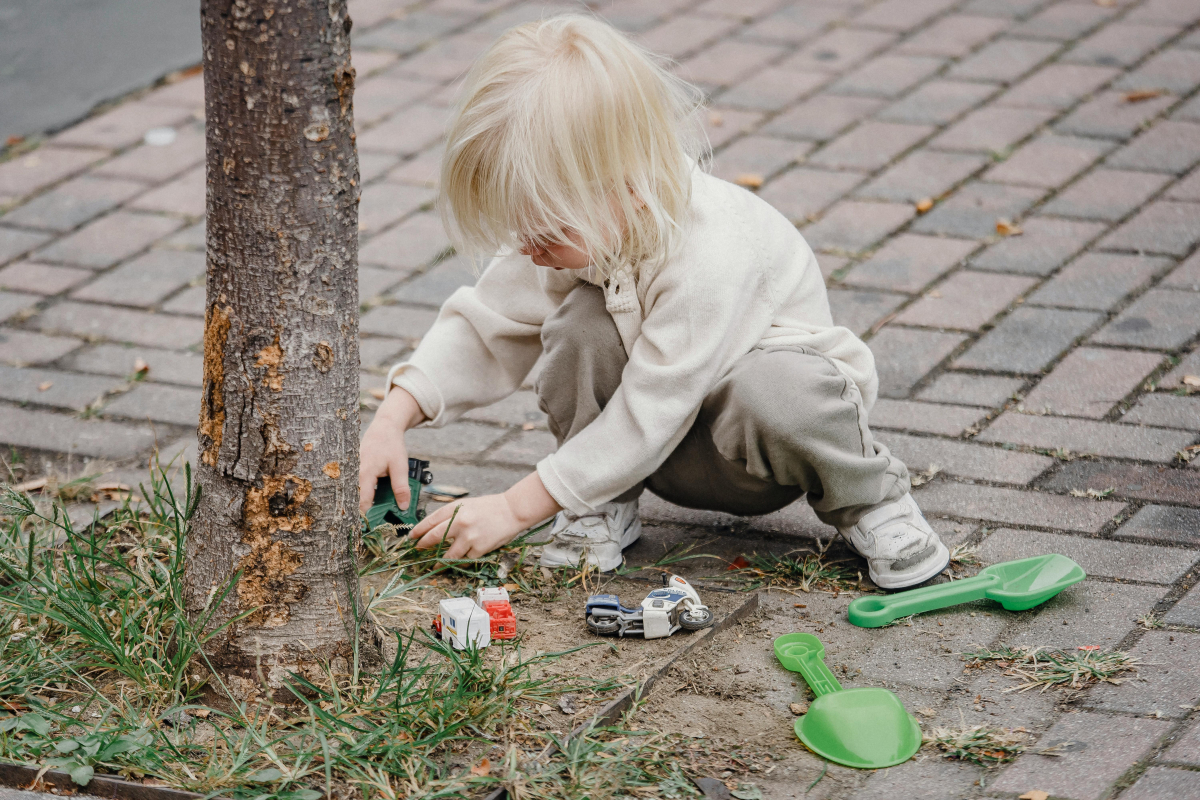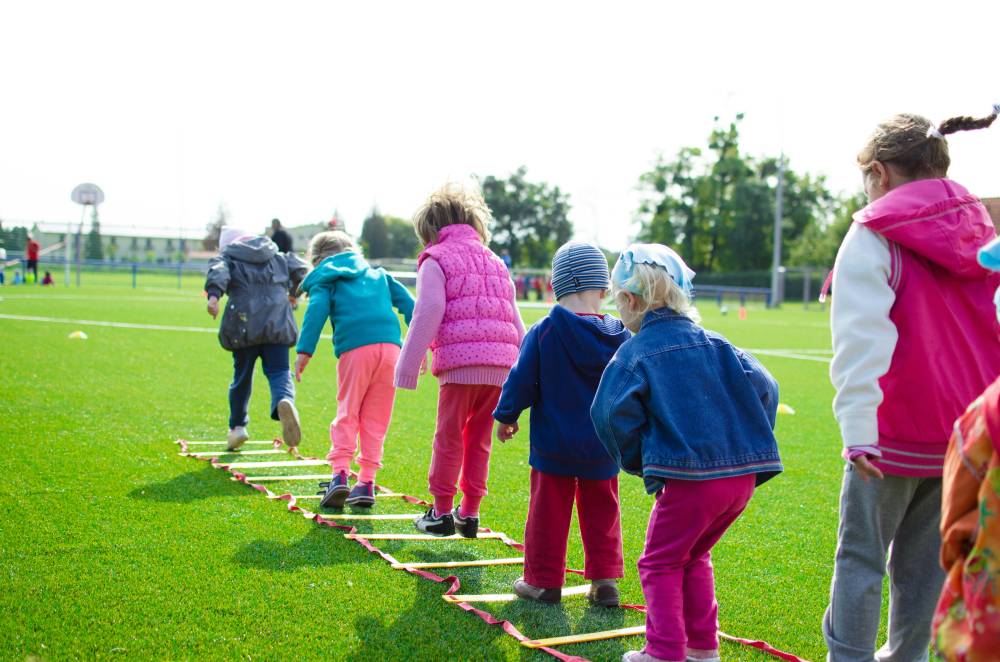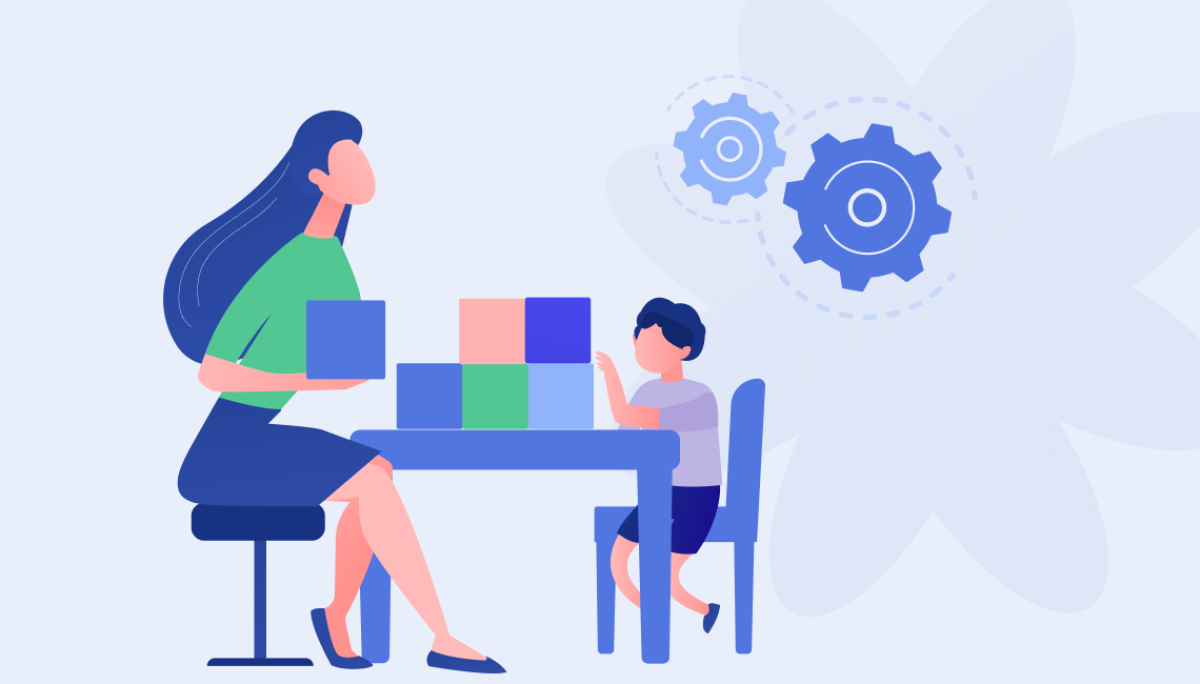Daycare centers have become an integral part of early childhood development and education, providing essential support to both children and their families. These centers offer more than just a safe place for children to stay while their parents work; they provide structured environments that foster growth, learning, and development in multiple domains. Here’s an in-depth look at how daycare impacts early childhood development and education.
Socialization and Peer Interaction
Building Social Skills
Daycare environments are rich with opportunities for children to interact with their peers. Through daily interactions, children learn to share, cooperate, and develop empathy. These social skills are foundational for forming healthy relationships and are crucial for overall social development.
Diverse Interactions
Exposure to a diverse group of children from various backgrounds and cultures fosters inclusivity and cultural awareness from an early age. This diversity helps children understand and appreciate differences, promoting a more inclusive mindset.
Structured Routine and Consistency
Predictable Environment
Daycare centers provide a structured routine that helps children understand the concept of time management. Predictable schedules give children a sense of security, knowing what to expect each day.
Behavioral Benefits
Consistency in daily activities and routines can lead to better behavior. Children thrive on routine, and knowing what is expected of them helps reduce anxiety and improve compliance with rules and guidelines.
Cognitive and Language Development
Early Learning Opportunities
Daycare programs often incorporate a variety of educational activities designed to stimulate cognitive development. Activities such as storytelling, singing, and problem-solving games enhance children’s thinking and reasoning skills.
Language Exposure
Regular interaction with caregivers and peers in a daycare setting exposes children to new vocabulary and conversational skills. This exposure is critical for language development, helping children become effective communicators.
Emotional Development
Building Trust
Consistent interactions with caregivers in daycare help children form secure attachments. These secure attachments are essential for emotional development, providing a foundation for children to explore their environment with confidence.
Independence and Confidence
Being in a supportive environment away from parents helps children develop independence and self-confidence. They learn to navigate social situations, make decisions, and solve problems on their own, which builds their confidence.
Preparation for School
School Readiness
Many daycare programs follow a curriculum that prepares children for the academic demands of school. Children are introduced to basic concepts in literacy, numeracy, and problem-solving, laying a strong foundation for future learning.
Adaptability
Children who attend daycare often become more adaptable to new environments and changes. This adaptability makes the transition to formal schooling smoother, as they are accustomed to structured routines and social interactions.
Physical Development
Active Play
Daycare centers provide numerous opportunities for physical activities, which are essential for developing motor skills and overall physical health. Activities such as outdoor play, dancing, and structured games enhance coordination and strength.
Healthy Habits
Daycare centers promote healthy habits through structured physical activities and nutritious snacks. These early habits can lead to lifelong health and wellness practices.
Support for Working Parents
Reliable Childcare
Daycare centers offer a reliable childcare solution for working parents, allowing them to pursue their careers or other activities knowing their children are in a safe and nurturing environment.
Parental Involvement
Many daycare centers encourage parental involvement through regular updates and communication. This involvement helps parents stay informed about their child’s progress and participate actively in their early education journey.
Specialized Care and Attention
Individualized Attention
Caregivers in daycare centers are trained to provide individualized attention to each child, catering to their unique needs and developmental stages. This personalized care ensures that each child receives the support they need to thrive.
Early Intervention
Trained caregivers can identify developmental delays or issues early on, allowing for timely intervention and support. Early detection and intervention can significantly improve outcomes for children with developmental challenges.
Daycare centers play a pivotal role in early childhood development and education. By providing a structured and nurturing environment, they support various aspects of a child’s growth, including social, cognitive, emotional, and physical development. The benefits of daycare extend beyond the children to their families, offering reliable childcare solutions and fostering a collaborative environment where parents and caregivers work together to support the child's development. The positive impact of daycare on early childhood development and education is profound, laying a strong foundation for lifelong learning and success.
Поврзани Постови

Friday, 11 April 2025
Staying Connected with My Child’s Day – A Parent’s Review of kidsday!

Thursday, 20 February 2025
Outdoor Adventures: Why 3-4-Year-Olds Need More Time Outside

Wednesday, 20 March 2024
Preparing Children for Spring Sports Activities!

Wednesday, 12 February 2025
Keeping Young Children Engaged While You Work from Home: Practical Ideas for Parents

Wednesday, 28 February 2024
Spring Into Action: Preparing Your Daycare Center and Educators for the Transition to Spring!
Искусете ја апликацијата во минути!
Започнете го користењето на вашата kidsday апликација веднаш и истражете ги нашите карактеристики.
